News

Bridging the “Valley of Death” in carbon capture
18 July, 2024Developed at EPFL, Heriot-Watt University, and ETH Zurich, PrISMa is a new platform that uses advanced simulations and machine learning to streamline carbon capture technologies, by taking into account the…
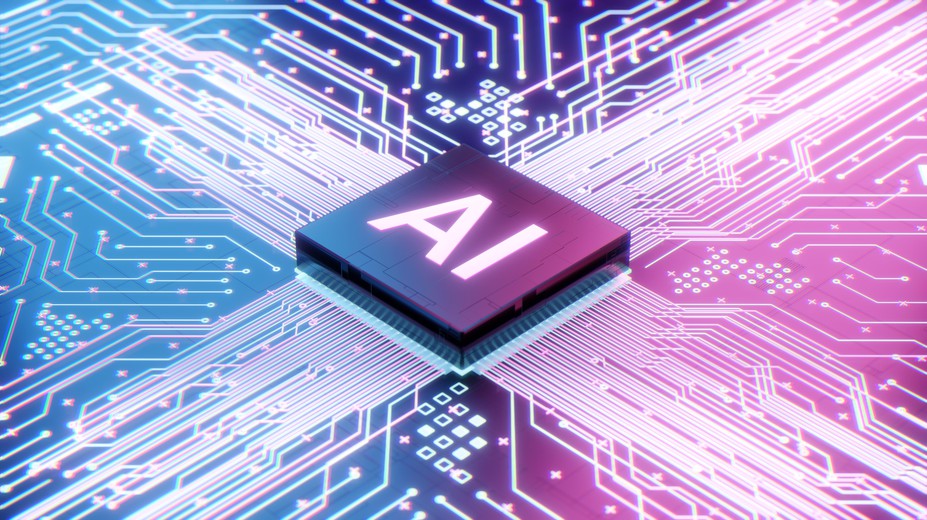
Navigating the labyrinth: How AI tackles complex data sampling
9 July, 2024Researchers at EPFL have made a breakthrough in understanding how neural network-based generative models perform against traditional data sampling techniques in complex systems, unveiling both challenges and opportunities for AI’s…

AI matches protein interaction partners
4 July, 2024Scientists at EPFL unveil DiffPALM, an innovative AI method that enhances the prediction of protein interactions and our understanding of biological processes potentially relevant to medical applications.
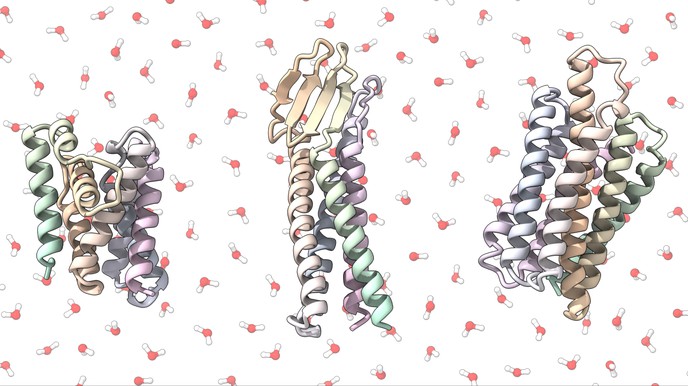
Membrane protein analogues could accelerate drug discovery
26 June, 2024EPFL researchers have created a deep learning pipeline for designing soluble analogues of key protein structures used in pharmaceutical development, sidestepping the prohibitive cost of extracting these proteins from cell…
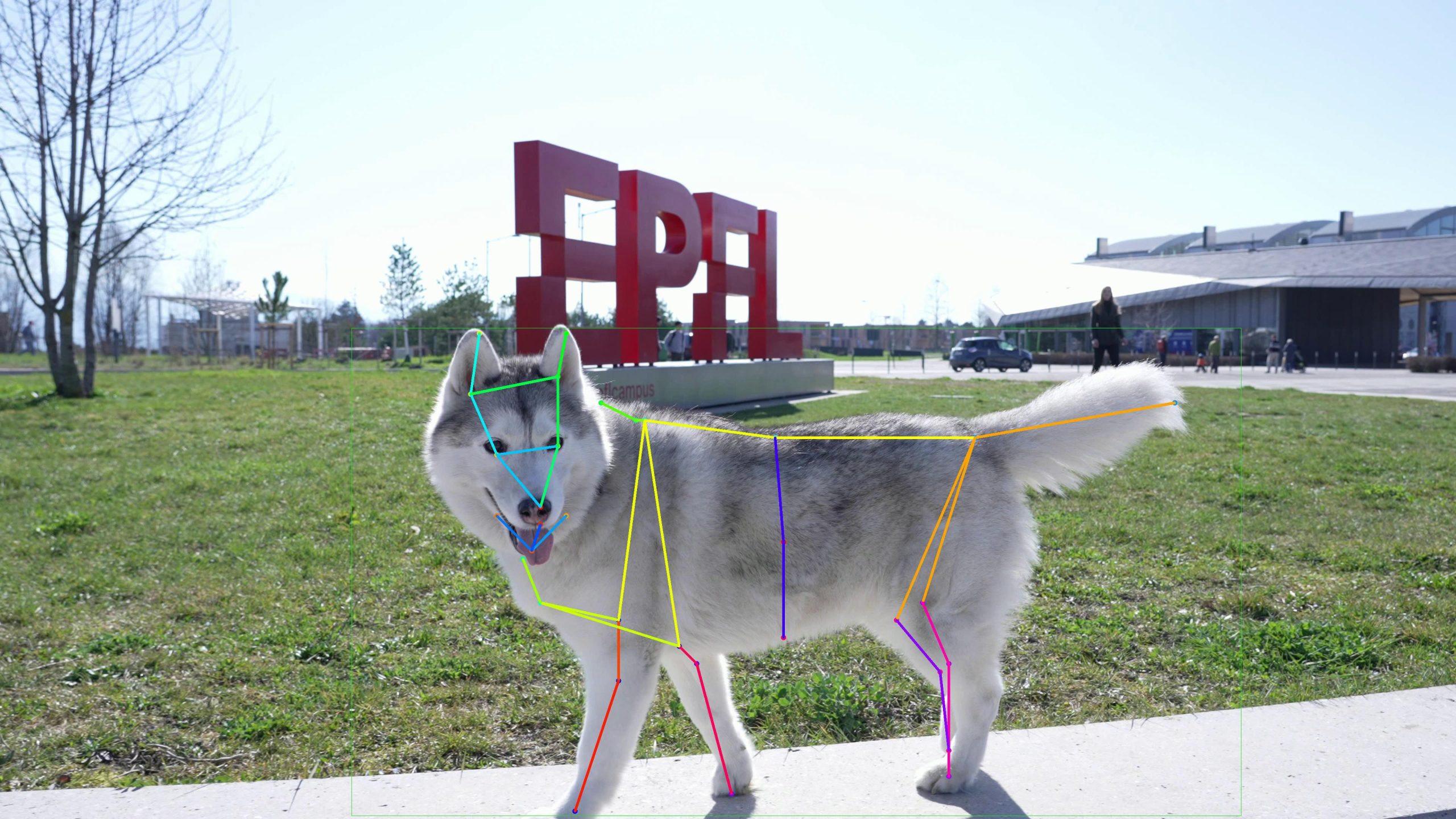
Unifying behavioral analysis through animal foundation models
21 June, 2024Behavioral analysis can provide a lot of information about the health status or motivations of a living being. A new technology developed at EPFL makes it possible for a single…
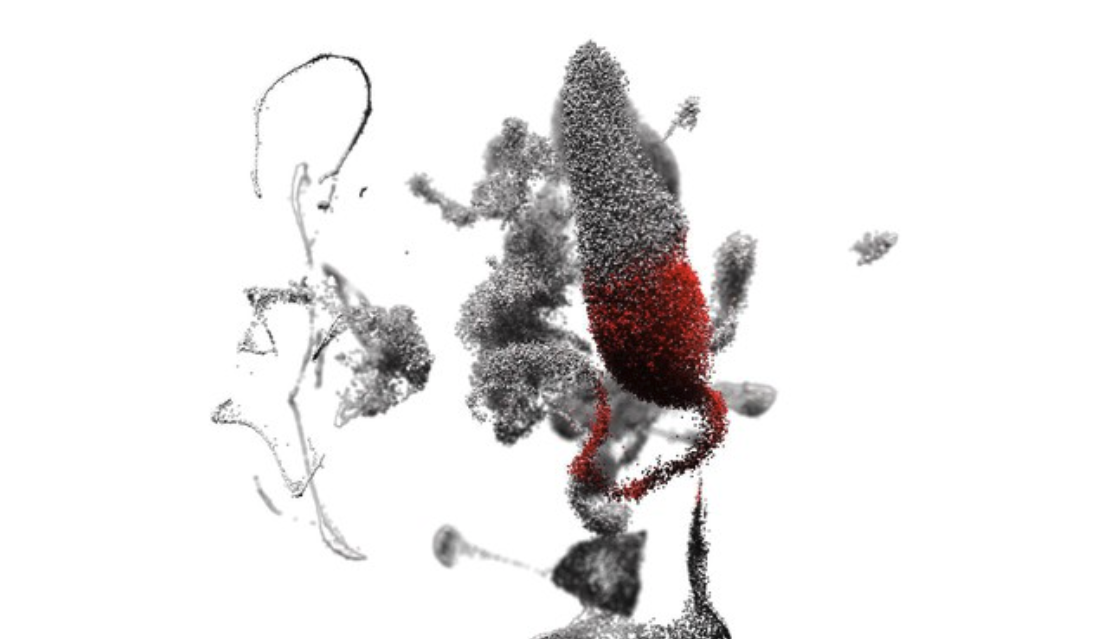
Mapping the biology of spinal cord injury in unprecedented detail
19 June, 2024Combining advanced molecular mapping technologies and AI, EPFL researchers have published an open-source ‘atlas’ in Nature, providing a comprehensive understanding of spinal cord injury biology in mice and paving the…

Scientists map biodiversity changes in the world’s forests
31 May, 2024A group of EPFL and ETH Zurich scientists have mapped the biodiversity in forests worldwide. Their data, when combined with climate projections, reveal trends that could support ecosystem conservation and…
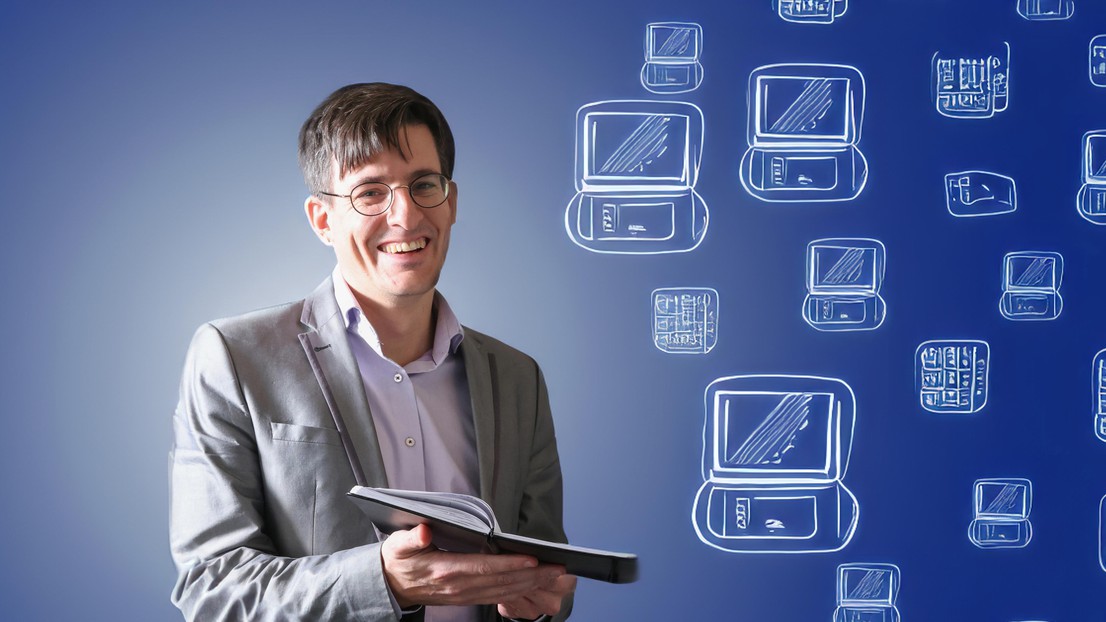
“I want to give students a toolbox for identifying ethical issues”
23 May, 2024Johan Rochel, a philosopher who holds a PhD in law, is an EPFL scientist working to develop teaching resources on philosophy and the ethics and law of technology. In 2023, he…
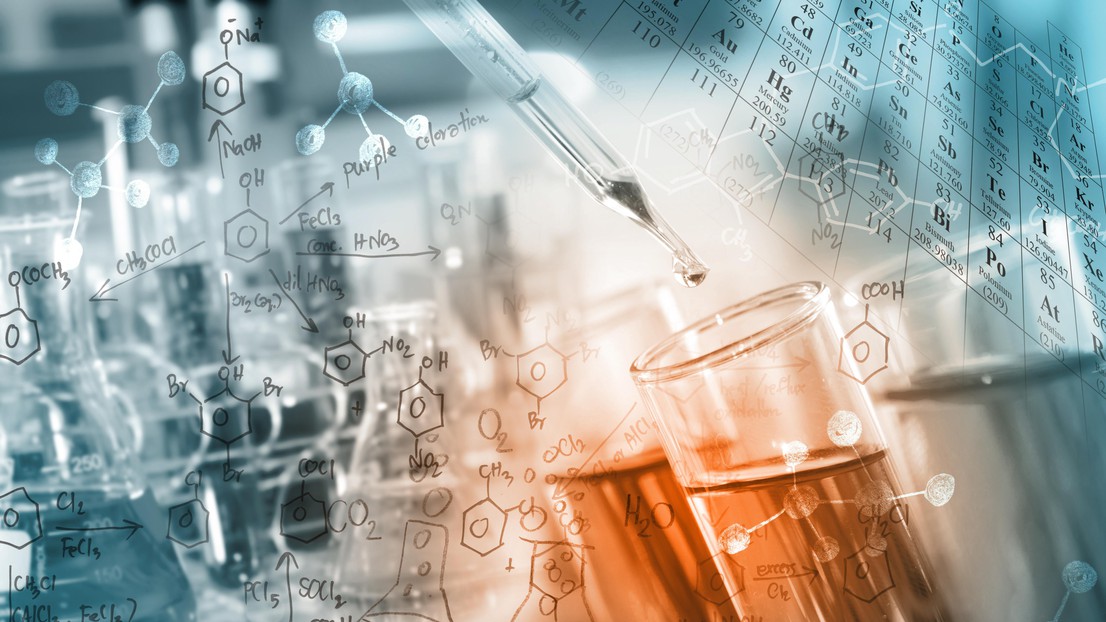
An AI leap into chemical synthesis
21 May, 2024EPFL scientists introduce ChemCrow, a large language model-based AI system that revolutionizes chemistry by integrating 18 advanced tools for tasks like organic synthesis and drug discovery. ChemCrow streamlines complex processes…
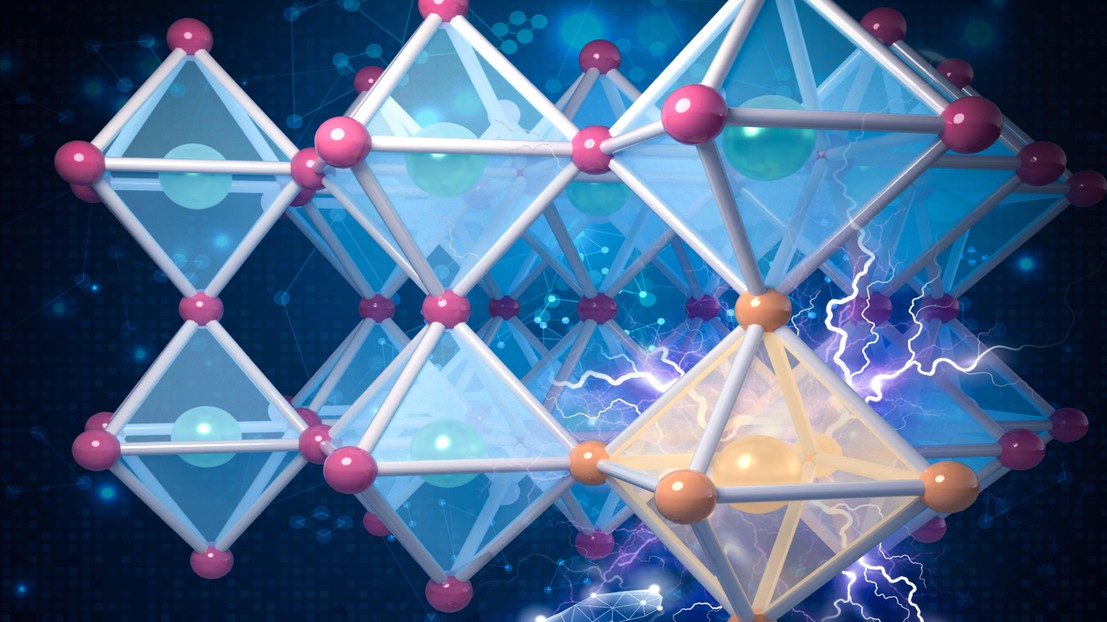
Machine learning accelerates discovery of solar-cell perovskites
20 May, 2024An EPFL research project has developed a method based on machine-learning to quickly and accurately search large databases, leading to the discovery of 14 new materials for solar cells.
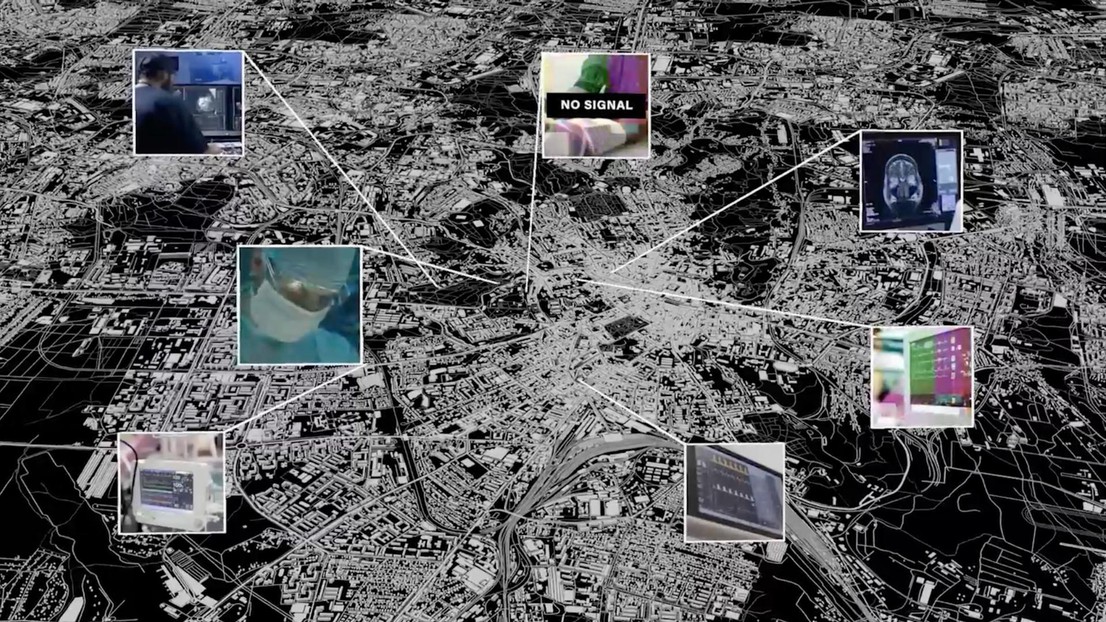
Tailoring digital responses for humanitarian action
16 May, 2024EPFL is playing a leading role in partnering with humanitarian organizations to develop technological solutions to improve their operations while mitigating risks.
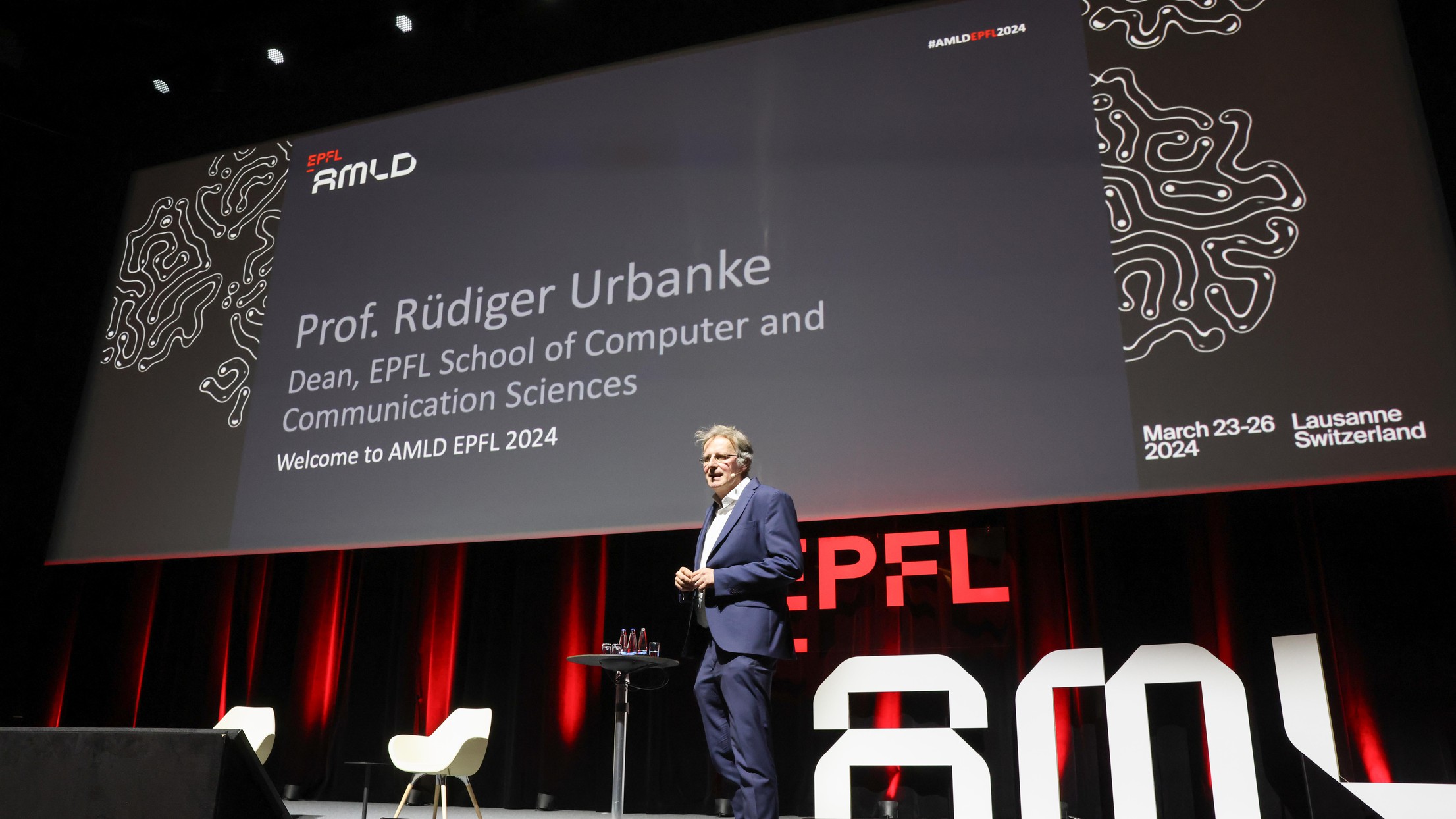
EPFL Applied Machine Learning Days: Energy, Maturity and Optimism
6 May, 2024As we look ahead to the developments in AI that will feature at EPFL’s Applied Machine Learning Days 2025 (AMLD 2025), we reflect on this year’s event with a focus on safe…

Modular software for scientific image reconstruction
2 May, 2024EPFL engineers have developed new software called Pyxu that makes it easier and faster to reconstruct images taken at any scale. Their system employs reusable, and universally applicable, bricks of…